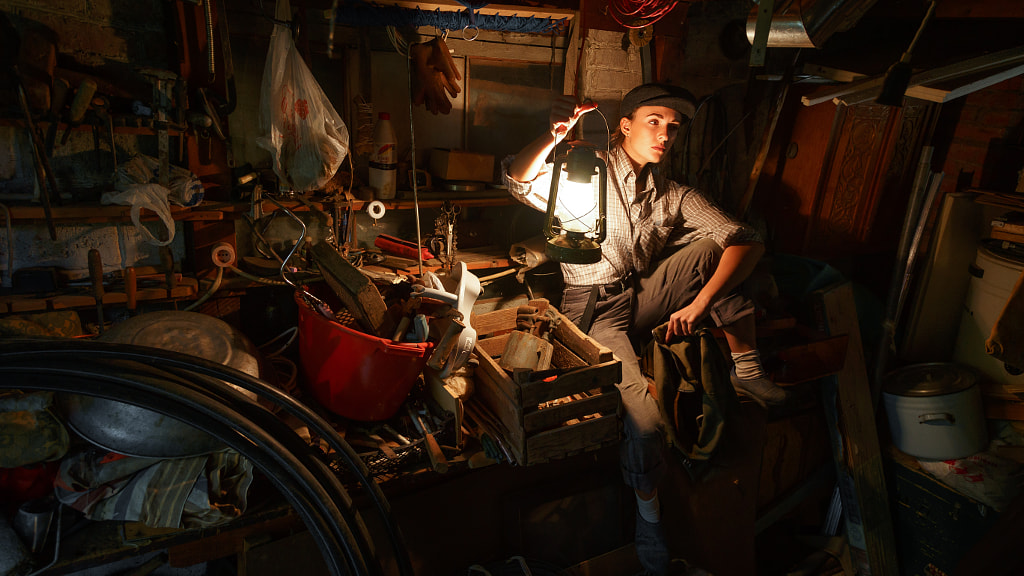Print books are in trouble: "Trucks are more expensive, containers are more expensive, labor is more expensive. ... It used to be that you would place a purchase order, and it would just arrive two weeks later. Now, it’s 10 touches and 15 emails." - The New York Times
The New York Times – “Shipping delays, printer backups and worker shortages are forcing publishers to postpone new titles and leaving booksellers in a lurch for some old ones…The churning disruption in the global supply chain, which has touched everything from minivans to dishwashers to sweaters, has now reached the world of books, just as the holiday season — a crucial time for publishers, and a period that can make or break the entire year for an independent bookstore — approaches. Publishers are postponing some release dates because books aren’t where they need to be.
Older books are also being affected as suppliers struggle to replenish them. To get a book printed and into customers’ hands, there are essentially two different supply chains. On both paths, at virtually every step, there is a problem. Books that require a lot of color, like picture books, are often printed in Asia. But transporting cargo to the United States has become excruciating, with every imaginable product jostling for position. First, there aren’t enough shipping containers. Publishing professionals say that a container, which can hold roughly 35,000 books, used to cost them about $2,500 but can now be as much as $25,000. Once books get into a container, the ship carrying it is likely to wait in line to dock at a backed-up port. Last month, a record 73 ships were bobbing around in the water near the Port of Los Angeles and the Port of Long Beach. The trouble began in 2020, when a drop in demand meant that containers weren’t where they needed to be to move goods around the world when demand snapped back. After a series of other setbacks, many containers are now stuck in transit, like those aboard ships waiting to dock…”
Tina Satter, whose Is This A Room is a transcript of the FBI interrogation of intelligence leaker Reality Winner, and Lucas Hnath, whose Dana H. is his mother's account of her months-long abduction, talk about the importance of telling living people's real stories onstage. - The New York Times
Vox: “If there’s a particular book you’ve got your eye on for the holidays, it’s best to order it now. The problems with the supply chain are coming for books, too. “Think of the inputs that go into a book,” says Matt Baehr, executive director of the Book Manufacturers’ Institute. “There’s paper, there’s ink, and there’s getting the book from point A to point B. All of those things are affected.” The ongoing Covid-19 pandemic has been exacerbating existing problems in the global supply chain for nearly two years now. Add to that pressure a global labor shortage, a paper shortage, the consolidation of the American printing industry, and an increased demand for books from bored stay-at-homers across the US, and you’re faced with what Baehr says is a “perfect storm” of factors to create what some observers are calling a book shortage. However, that doesn’t mean holiday book shoppers will be faced with empty shelves at their local bookstore come December, cautions Barnes & Noble CEO James Daunt. “There is no book shortage as such at the moment because the nature of the publishing cycle is that these books are planned many months ahead,” Daunt says. Most of this fall’s major releases have already been printed or have their printing runs scheduled, and any delays to those scheduled print runs are expected to be minimal. Still, some titles have seen their publication dates bumped by weeks or even months. Of those, some now won’t reach shelves until next year…”

Absolutely, we do. "Some of the failings of AI may be unintentional, but they are serious and they disproportionately affect already marginalized individuals and communities." - Wired
Clearview AI Has New Tools to Identify You in Photos
Wired – “In an interview with WIRED, CEO Hoan Ton-That said the company has scraped 10 billion photos from the web—and developed new ways to aid police surveillance.
Clearview AI has stoked controversy by scraping the web for photos and applying facial recognition to give police and others an unprecedented ability to peer into our lives. Now the company’s CEO wants to use artificial intelligence to make Clearview’s surveillance tool even more powerful. It may make it more dangerous and error-prone as well. Clearviewhas collected billions of photos from across websites that include Facebook, Instagram, and Twitter and uses AI to identify a particular person in images. Police and government agents have used the company’s face database to help identify suspects in photos by tying them to online profiles. The company’s cofounder and CEO, Hoan Ton-That, tells WIRED that Clearview has now collected more than 10 billion images from across the web—more than three times as many as has been previously reported.Ton-That says the larger pool of photos means users, most often law enforcement, are more likely to find a match when searching for someone. He also claims the larger data set makes the company’s tool more accurate. Clearview combined web-crawling techniques, advances in machine learning that have improved facial recognition, and a disregard for personal privacy to create a surprisingly powerful tool…”
